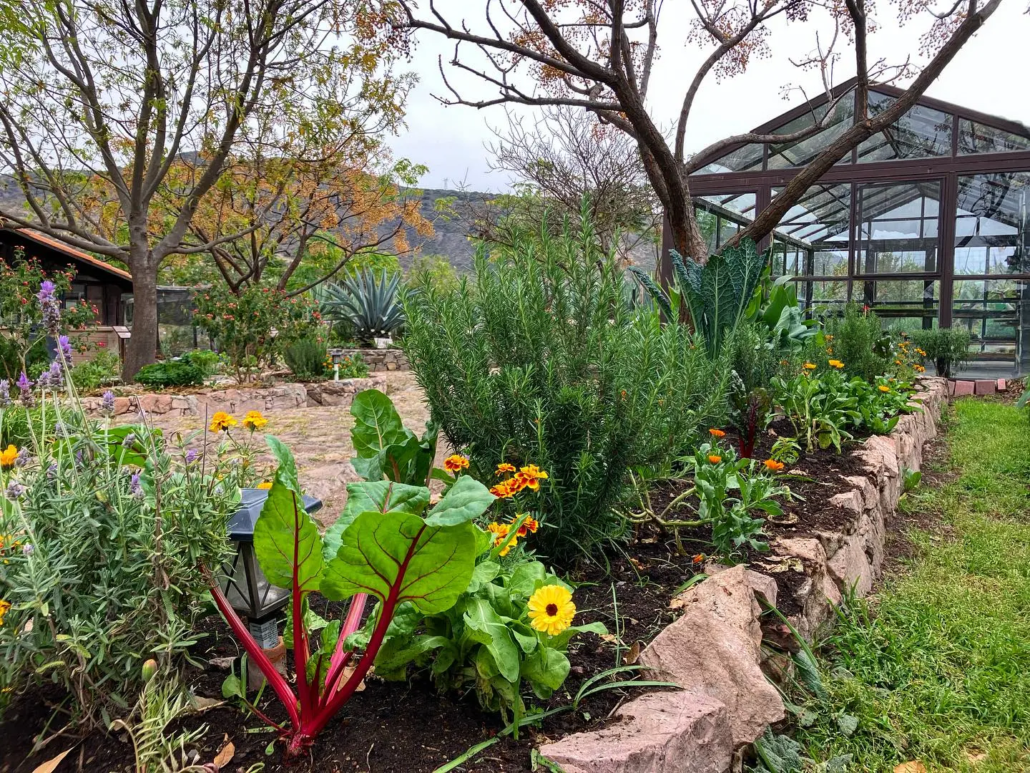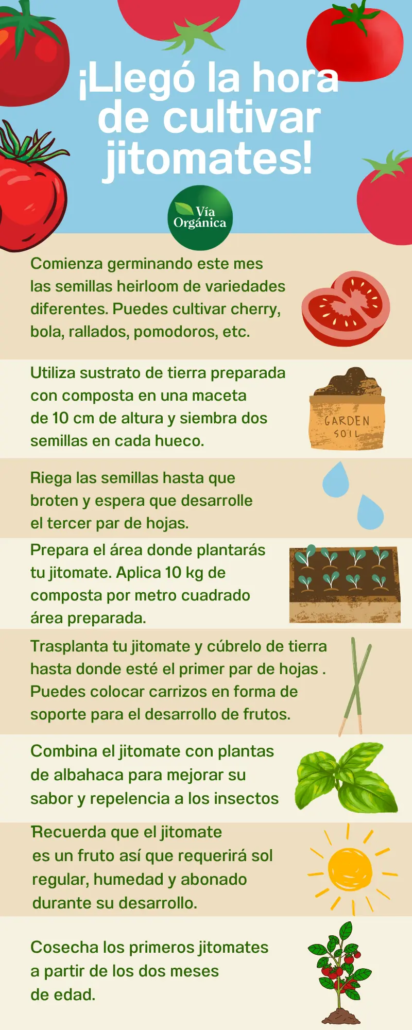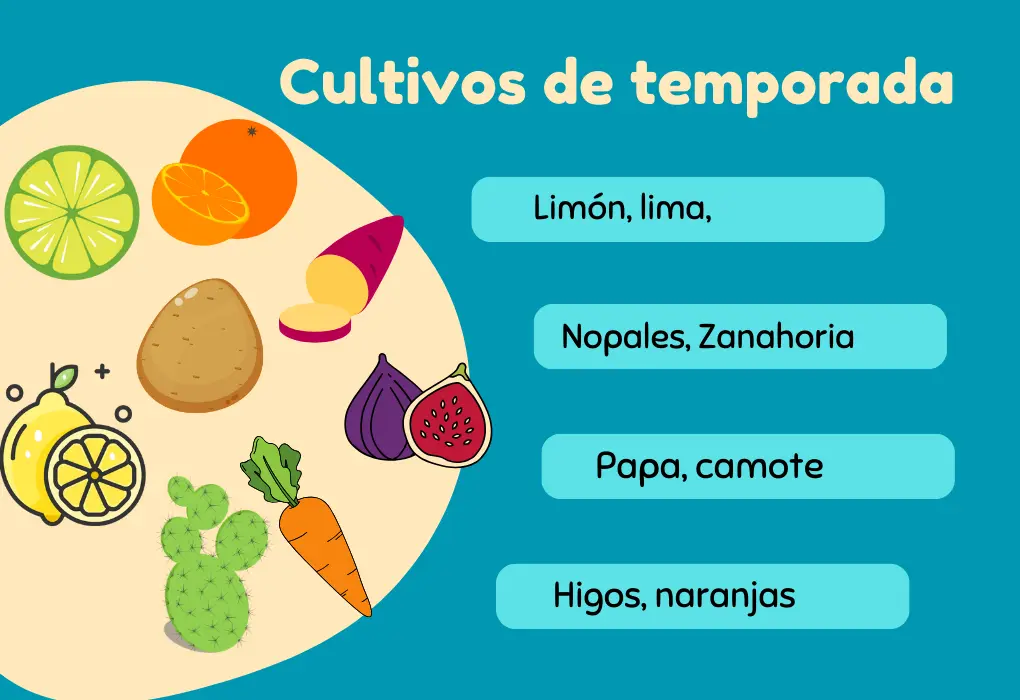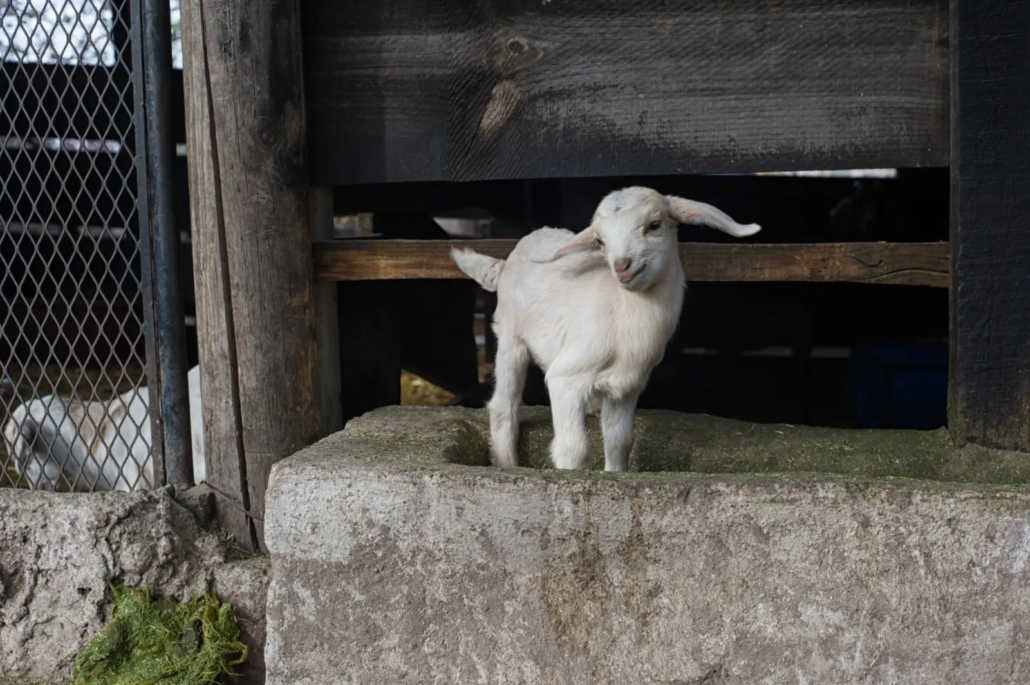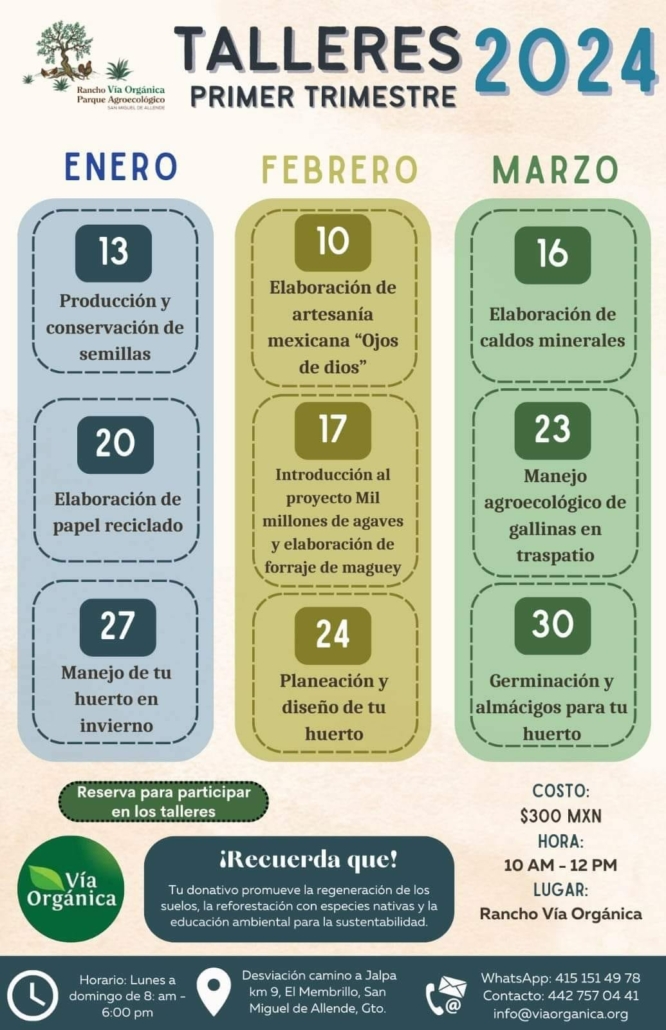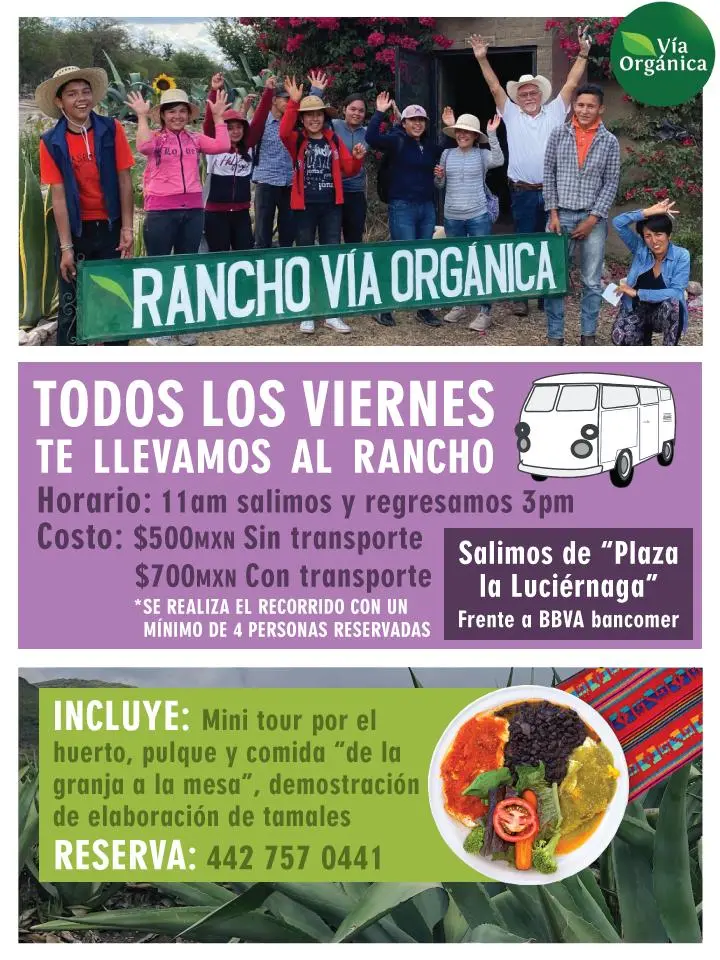Día de la Tierra 2024 – Regenerando la Tierra, regenerando nuestra salud
La salud del planeta y la de las personas son una, se mantienen a través del ciclo de los alimentos, el ciclo de la vida, el ciclo de la regeneración. Somos parte de la Tierra de sus complejos procesos vivos.
La tierra, los alimentos y nuestros cuerpos son sistemas vivos interconectados.
La comida es medicina cuando forma parte del flujo de la vida, de la tierra a las plantas y a nuestro organismo. La biodiversidad es alimento, la biodiversidad es salud. La biodiversidad hace crecer la biodiversidad.
En el corazón de un futuro ecológico hay un continuo sostenido entre comer y cultivar. Cuando se rompe este delicado equilibrio, las repercusiones afectan a todos los aspectos de la vida.
Los alimentos industriales producidos con combustibles fósiles y productos químicos fósiles están llevando a la biodiversidad de la tierra y de nuestros organismos a la extinción.
Desde el uso indiscriminado de productos químicos hasta la proliferación de OMG y monocultivos, la primacía del comercio con fines lucrativos ha causado estragos en los sistemas ecológicos, nuestra salud y nuestros medios de vida. La globalización ha acelerado esta tendencia destructiva, exportando un modelo de producción alimentaria que prioriza el lucro sobre las personas.
La biodiversidad es la piedra angular de la resiliencia climática, un componente vital a todos los niveles de los ecosistemas que mantiene el equilibrio y la resiliencia. La salud también debe tener en cuenta la diversidad, el rico tapiz de vida que nos sustenta. La verdadera soberanía sobre nuestro bienestar sólo puede alcanzarse regenerando y trabajando en armonía con todas las fuentes de nuestro sustento, desde las semillas, los alimentos hasta el agua, el suelo y la biodiversidad.
Pedimos la protección de la Tierra a todos los niveles para un futuro más resiliente.
Los Derechos de la Madre Tierra están profundamente arraigados en la esencia misma de la vida: la semilla. La semilla encarna la esencia de la soberanía de la Tierra, representando su derecho inherente a florecer y evolucionar según sus propios ritmos. Sólo en un sistema alimentario sin venenos puede florecer realmente la semilla, libre de las cadenas de la contaminación química y la codicia de las grandes empresas.
Es en la práctica de los pequeños agricultores ecológicos y de todos los demás guardianes de la Tierra donde estos derechos encuentran su expresión más auténtica, a través del cuidado de los suelos, la biodiversidad, la diversidad cultural y la salud en todas sus formas. Volver a la tierra es vital para la libertad y la supervivencia humana. Debemos regenerar nuestras semillas, nuestros suelos y, por tanto, nuestro futuro.
En este Día de la Tierra, los síntomas de nuestro planeta enfermo son ya demasiado evidentes. Nos negamos a seguir el camino hacia la extinción que nos han puesto delante, porque la extinción no es una opción, es una afrenta a la esencia misma de la vida.
En este Día de la Tierra hacemos un llamamiento a la humanidad para que siga el camino de la regeneración de la Tierra. El camino que revierte la degradación de la Tierra, de nuestros alimentos, de nuestra libertad. El camino que abre la vía a un futuro habitable, construido sobre las múltiples y diversas realidades ecológicas. El camino a través del cual los sistemas alimentarios y agrícolas de diversas culturas han evolucionado durante miles de años y pueden seguir evolucionando en el futuro. Ahora que nos encontramos en un cruce de caminos hacia nuestro futuro, reafirmaremos nuestro compromiso con la Tierra y sus derechos inherentes. Nuestro compromiso es la dedicación a la defensa de la biodiversidad, la preservación de la salud y el empoderamiento de los custodios de la Tierra como guardianes del futuro de nuestro planeta.
Este Día de la Tierra decidimos poner fin a un siglo de petróleo, productos petroquímicos, venenos, plástico y contaminación del suelo, el agua, las semillas, nuestros alimentos y nuestros cuerpos.
- Renovamos nuestro compromiso de cultivar alimentos sin veneno.
- Nos comprometemos a proteger y regenerar nuestra biodiversidad, a sanar la tierra, a sanar la comunidad humana, a proteger la salud de las generaciones futuras.
- Desde la base hasta las políticas públicas, amplifiquemos las voces de quienes regeneran nuestros suelos, los verdaderos custodios de nuestra Tierra.
- Reconstruiremos la solidaridad y la comunidad y juntos cultivaremos la esperanza, en cooperación y asociación con nuestra familia de la Tierra.
- Trabajando con la Tierra, cultivaremos la abundancia. Revertiremos la desertización del suelo, de nuestros organismos, de nuestras mentes, de nuestros corazones. Unidos como una sola humanidad en un solo planeta, haremos crecer la vida, la salud y el bienestar.
Del suelo nacen la biodiversidad, la diversidad cultural, la salud y la resistencia al cambio climático. Proteger la Tierra es proteger nuestra vida, nuestro futuro, nuestra libertad.
Somos miembros de la Comunidad de la Tierra en la que todas las especies, pueblos y culturas tienen un valor y derecho de sustento intrínsecos.

